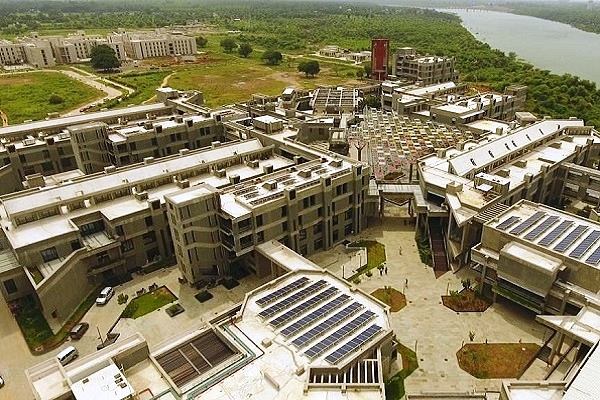
IIT Gandhinagar Develops Non-Invasive Dementia Diagnostic Tool Based On Patient’s Eye Movements
IIT Gandhinagar researchers have pioneered a technology that can diagnose dementia non-invasively by tracking a person's eye movements, much before the first symptoms appear, reports India Today.
Dementia is a general term used to denote a decline in mental ability severe enough to interfere with daily life. Memory loss is an example. Alzheimer's is the most common type of dementia among patients across the world.
"By the time symptoms of dementia are detected, it is too late -- Alzheimer's disease kicks in and it can't be managed. But if dementia is caught early, we can delay the progression of Alzheimer's," said Uttama Lahiri, Associate Professor of Electrical Engineering, at Indian Institute of Technology (IIT) Gandhinagar.
The team developed the ‘MindEye' project to track a person's eye movement, quantifying gaze in terms of reaction time and correct fixations, in response to visual stimuli presented on a computer monitor.
"We present a stimulus -- dots appearing at certain portions of the screen at certain angles. People with dementia often have issues with following the dot or fixing their gaze," added Lahiri.
Clinical Trials Stage
While the preliminary results of the experimental study with ten healthy participants showed positive outcomes, Lahiri said that a larger clinical trial was underway in Kolkata and Gujarat. If approved, the technology could significantly help in identifying dementia patients before symptoms get severe.
It is estimated that more than four million people in India have some form of dementia and at least 44 million people across the world suffer from it.
Also Read: ‘Complete Failure Of British Policy Caused 1943 Bengal Famine, Not Drought’: Says IIT Research